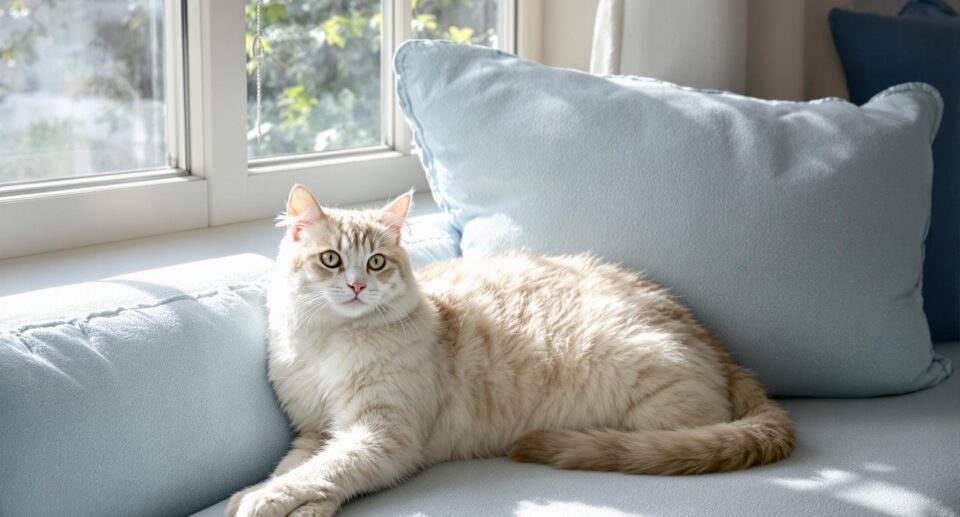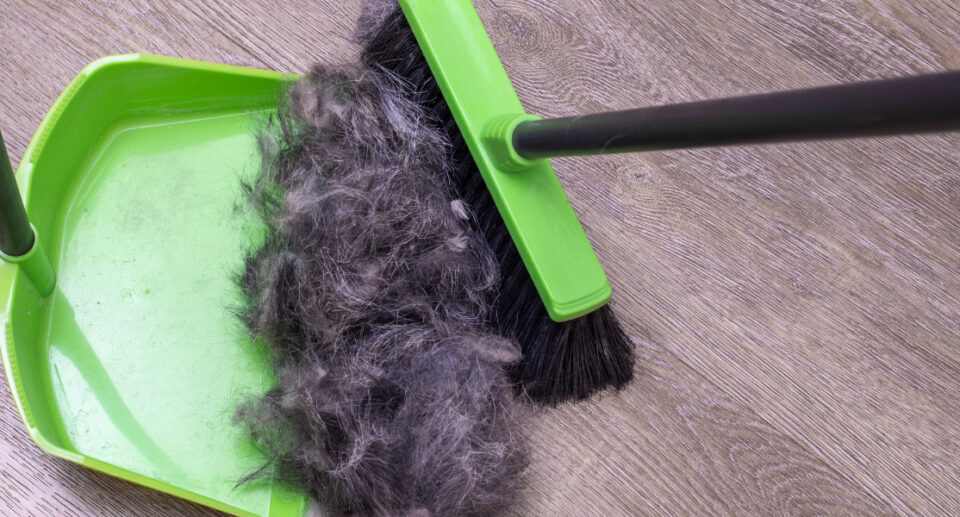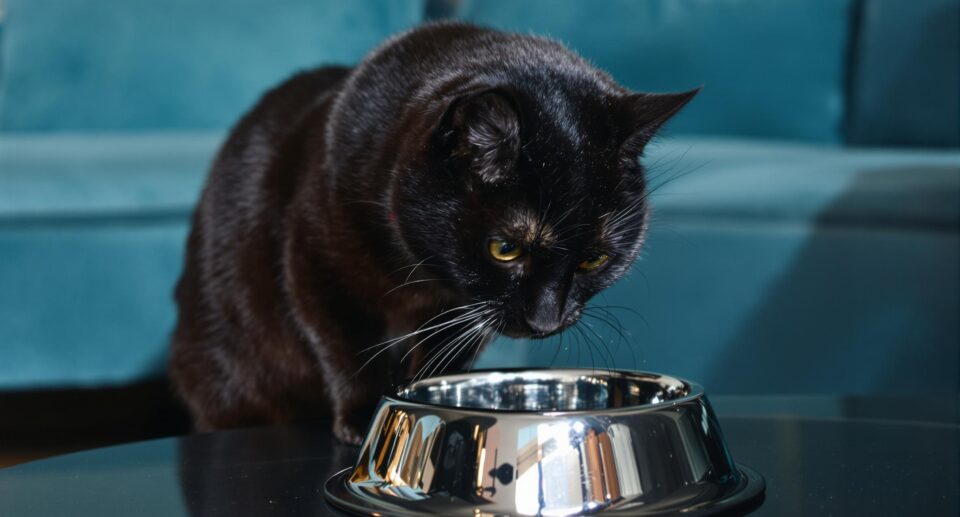10 Surprising Facts About Obesity in Cats

Most pet parents will, at some point, be surprised by the numbers on the scale when their cat or dog goes for their annual vet check-up. October 12th marks National Pet Obesity Day, a time to learn about the many complex factors and nuances that can lead to obesity in pets, and what we can do to help our dogs and cats live longer, healthier lives.
10 Surprising Facts About Obesity in Pets
1. More than half of US dogs and cats are overweight.
According to the Association for Pet Obesity Prevention (APOP) about 60% of cats and 56% of dogs were reported overweight or obese in 2018.
2. Cats and dogs gain weight more easily after spaying or neutering.
While spaying and neutering has been shown to help control overpopulation and prevent many reproductive diseases like ovarian and testicular cancer in pets, a common side effect is weight gain after surgery. Pets that have been “fixed” will produce fewer reproductive hormones, which play a important role in metabolism. Cats and dogs will need, on average, 25-30% fewer calories after they’ve been spayed or neutered to maintain a healthy weight.
3. Some breeds are predisposed to weight gain.
The top three dog breeds at greatest risk for obesity are, in order, the Pug, Beagle, and Golden Retriever. There are many genetic factors that can make certain pets more likely to gain weight. Many Retrievers, for example, carry a gene that makes their appetite nearly bottomless. Brachycephalic breeds like Pugs do not tolerate exercise well, which can make it more difficult to keep them in shape.
4. Weight gain can set off a vicious cycle.
Pets that are overweight or obese tend to produce more stress hormones and experience chronic, low-level inflammation, which can in turn make them more likely to gain even more weight. That’s why it can be difficult to help pets lose weight even with a low calorie diet.
5. Obesity can start in puppyhood or kittenhood.
While puppies and kittens need to eat more food than adult cats and dogs to fuel their growth, they too can end up overweight. Excess weight can put a strain on growing bones and joints, and can even result in lifelong skeletal issues.
6. Dry kibble diets may be linked to obesity.
Dry foods are a convenient, affordable way to feed your pet a complete and balanced diet. But they tend to be higher in carbohydrates than canned and fresh foods, which can contribute to weight gain and insulin resistance. A fresh or wet food diet that’s high in protein can give your pet energy that’s easy for the body to utilize – rather than store as fat – and will help them feel satiated between meals.
7. Cats and dogs can lose about 1% of their body weight per week.
Pets that need to lose weight should hop on the scale weekly to keep track of their progress. Vets recommend aiming for 1-2% weight loss per week for dogs, and 0.5-2% for cats. Slower results are acceptable, but too-fast loss could be a sign of inadequate nutrition or an underlying health issue.
8. Overweight pets can still have treats.
One of the leading causes of weight gain in pets is giving too many treats as a training reward or to show how much we love them. Low calorie treats can be a great way to keep your pet from feeling too hungry between meals. Healthy treats can be homemade with lean meats or fresh fruits or veggies, or you can look for store bought treats that are low in fat and high in protein. Some pets are happy to have their usual food as a snack between meals, just make sure their mealtime portions are adjusted accordingly.
9. Rapid weight loss can be dangerous for cats.
Cats are prone to a condition called hepatic lipidosis, or fatty liver syndrome. If a cat does not eat over several days, or does not have enough to eat, their body will break down fat as a source of fuel. Abnormally high amounts of fat builds up in the liver and can cause serious illness, even death. That’s why it’s so important to make sure even an overweight cat gets enough to eat, and seek immediate veterinary care if your cat loses their appetite for any reason.
10. Weight loss can extend your pet’s life by over two years.
A study from Banfield Pet Hospital suggests that overweight pets, on average, have a shorter lifespan by 2.5 years compared to their ideal weight counterparts. Fortunately, many of the effects of obesity can be reversed with weight loss.
If your pet needs help losing weight, make an appointment with your veterinarian to rule out potential underlying causes and discuss the best way to start a healthy weight loss plan.





